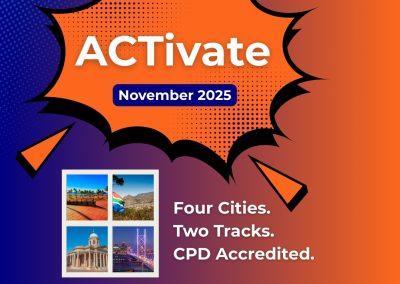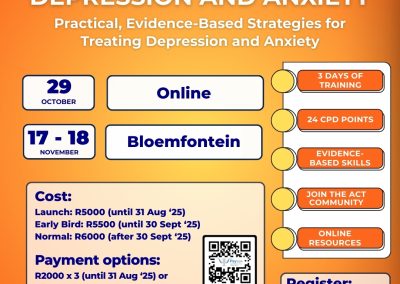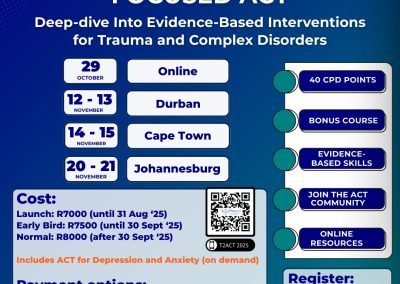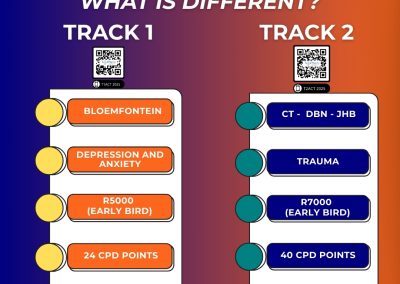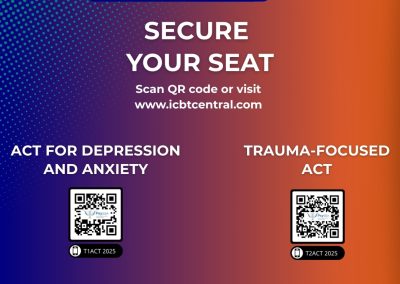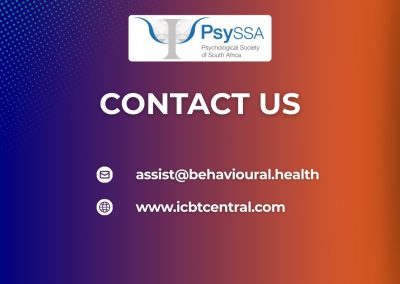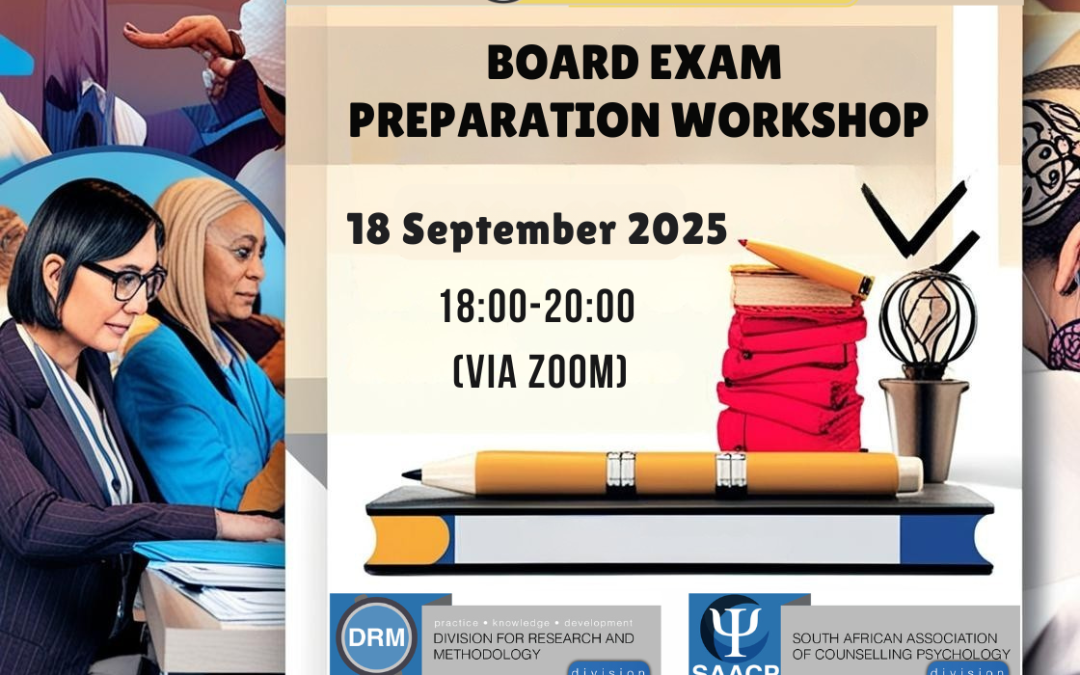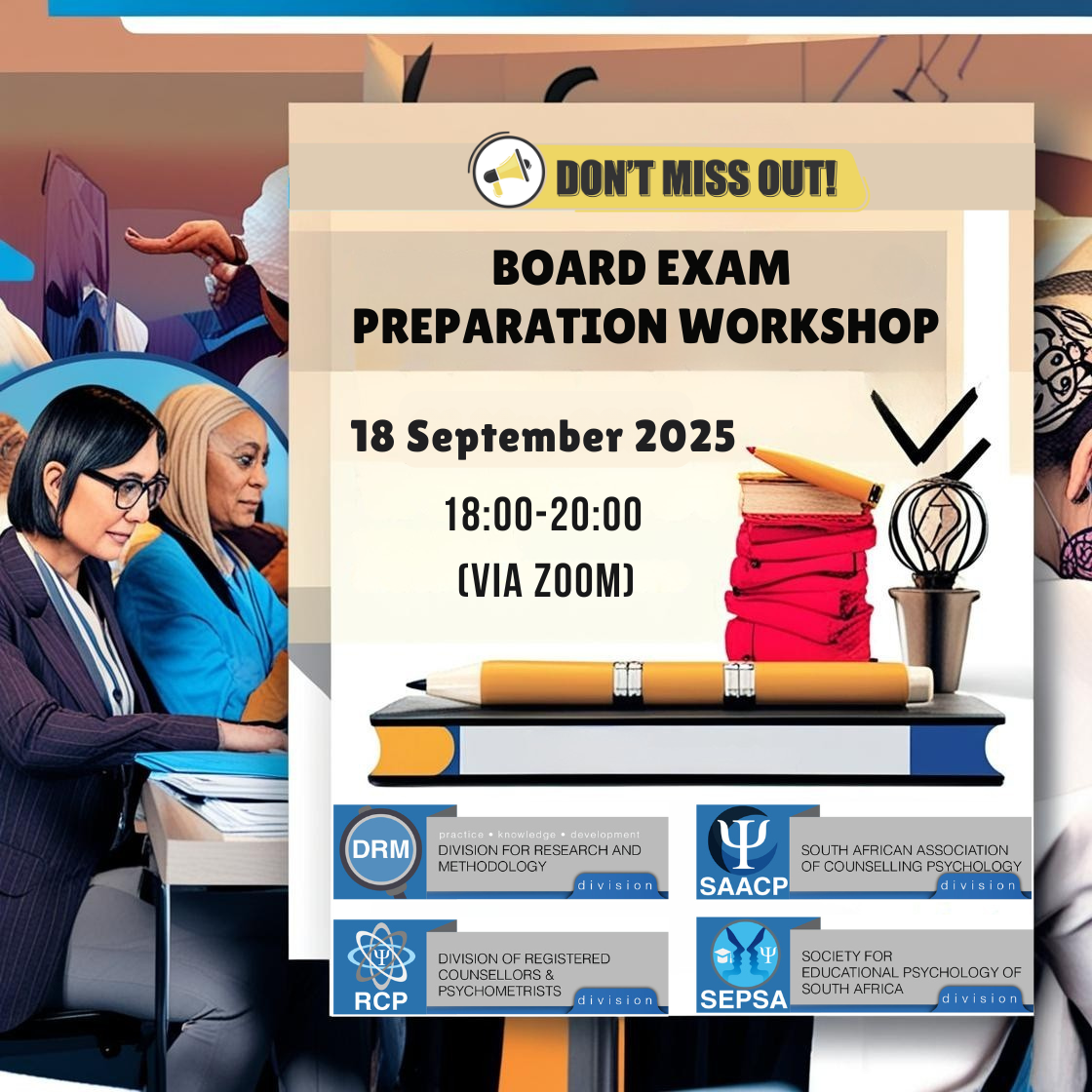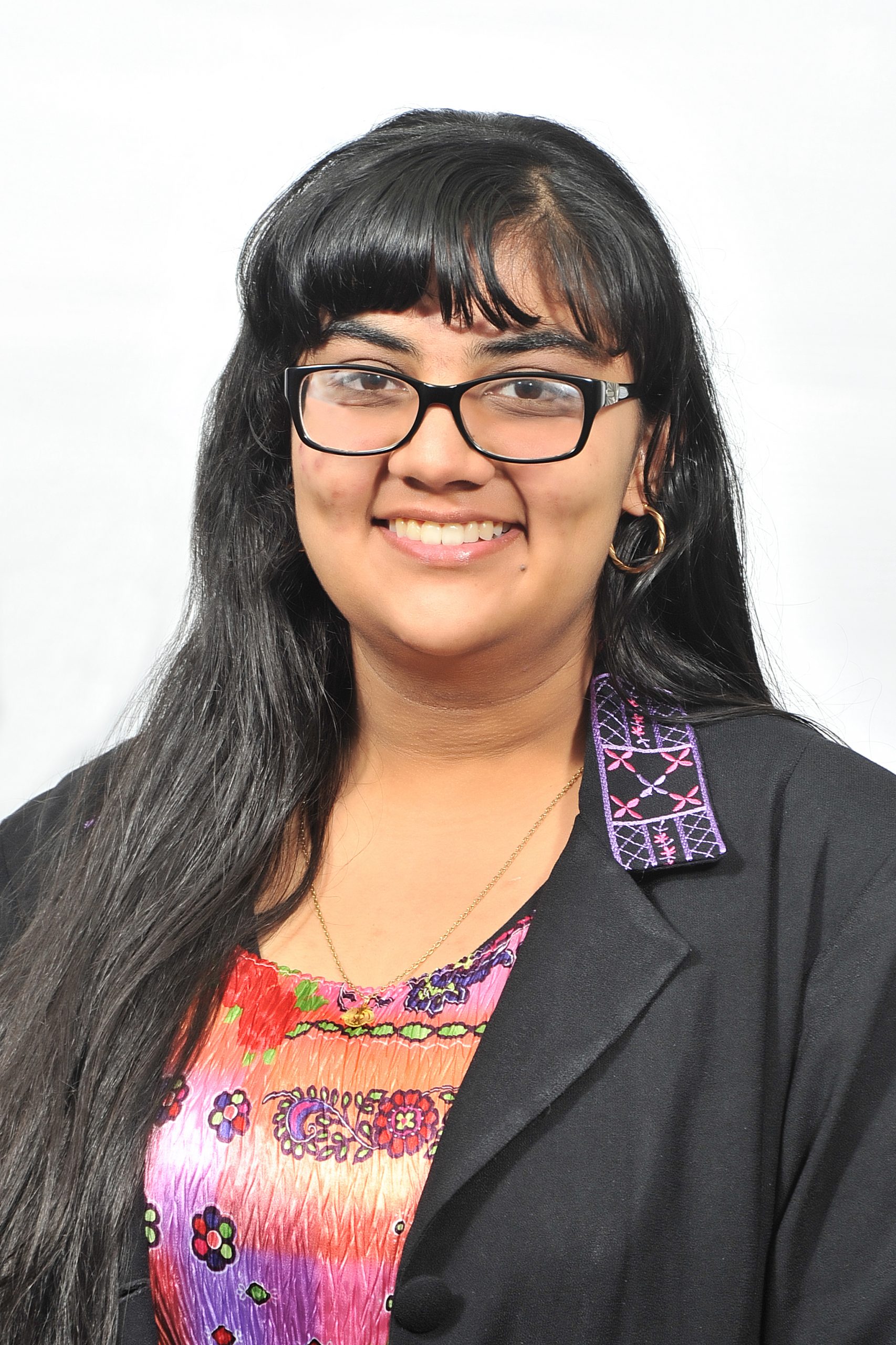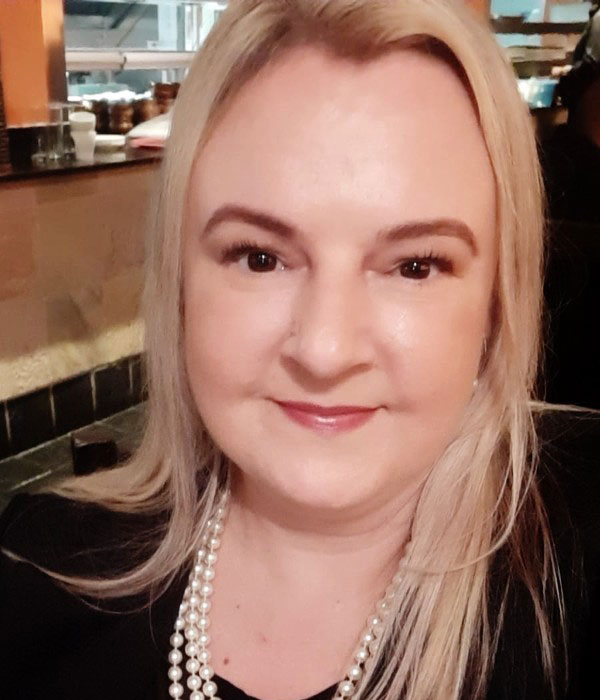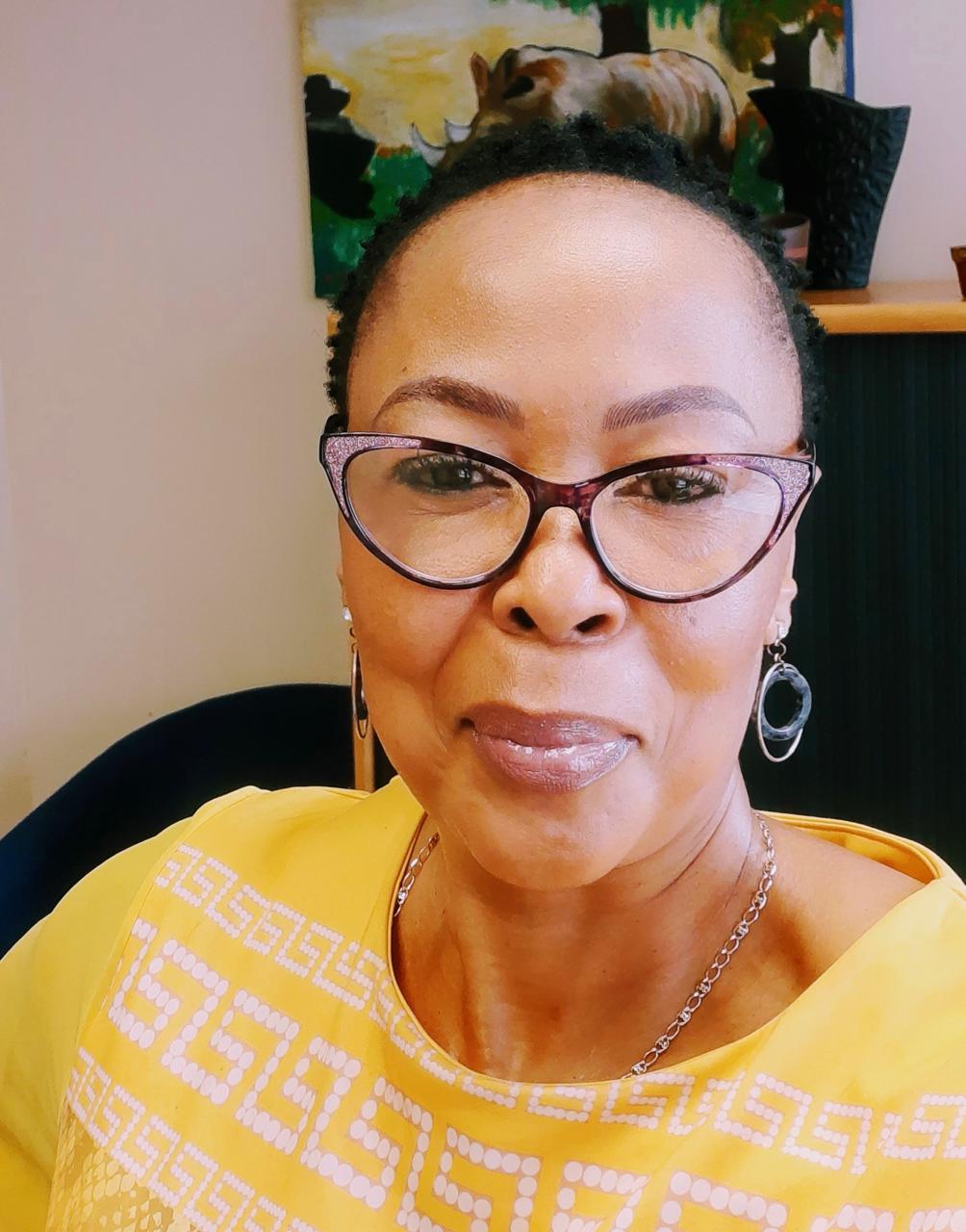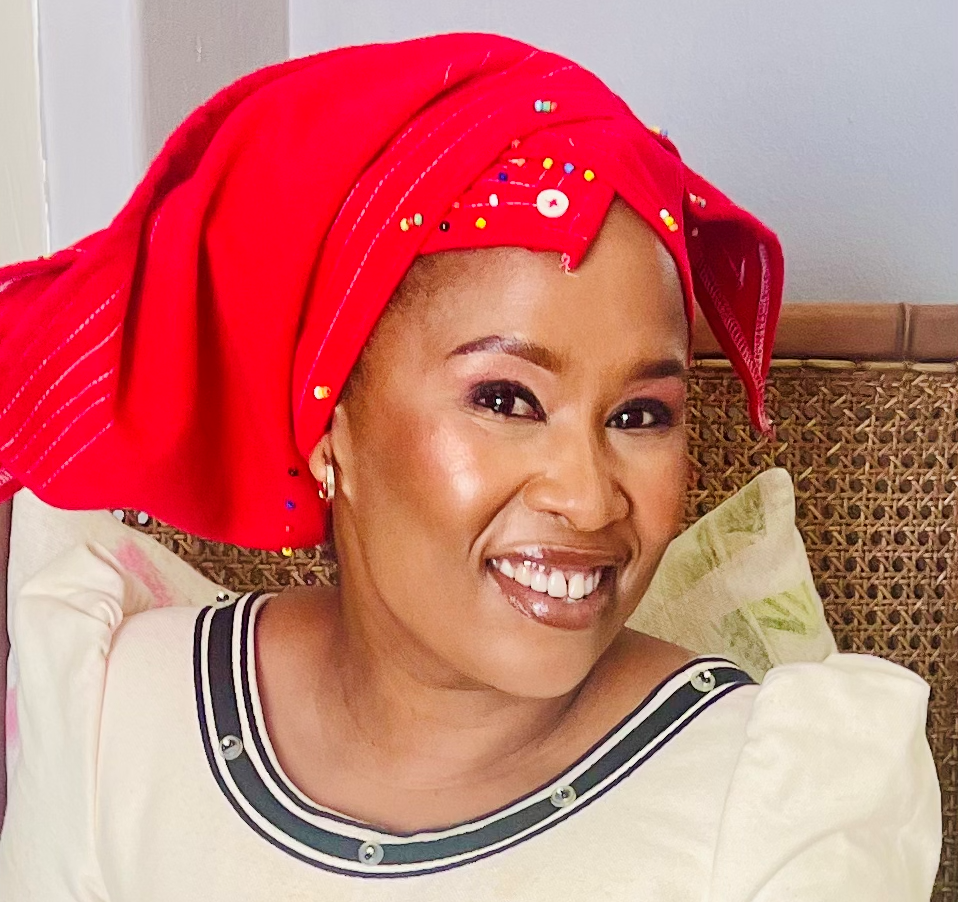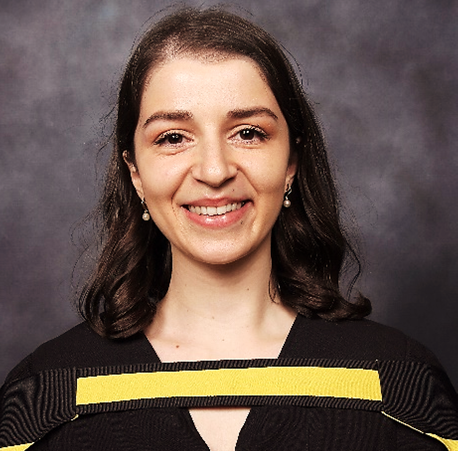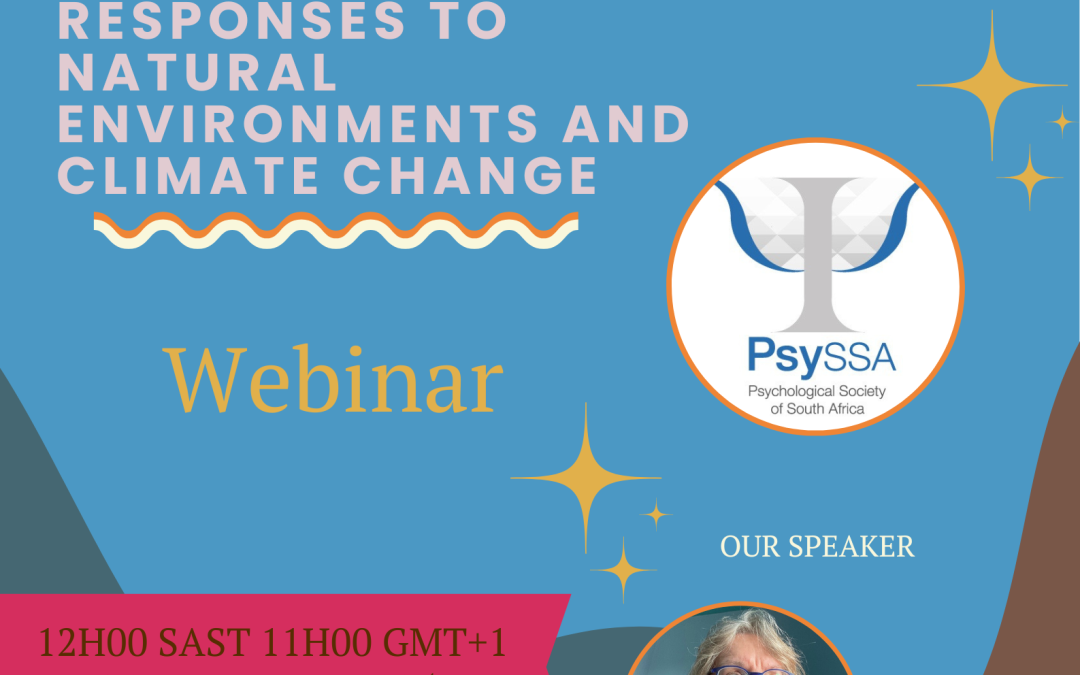DRM Webinar: Surface Echoes: A creative research methodology for art and health practice
Join the PsySSA DRM and Beverley Hood, presenting Surface Echoes, a creative research project that brings to life the everyday challenges and emotional impact of eczema. The project was developed over three years with input from creative professionals, arts, and health researchers, working in partnership with individuals affected by eczema..
Surface Echoes: A creative research methodology for art and health practice
Date: 28 August 2025
Time: 12h00 to 13h00 SAST
MS Teams Link: Click to join (no registration required)
About the webinar
Surface Echoes is a Wellcome Trust ScotPen funded creative research project led by Beverley Hood and Professor Sara Brown, at the University of Edinburgh, which brings to life the everyday challenges and emotional impact of eczema. The project was developed over three years with input from creative professionals, arts and health researchers, working in partnership with individuals affected by eczema. Surface Echoes aims to create empathy, spark conversation, and deepen understanding of the realities of living with eczema. The project resulted in a publicly available resource: an A4 Printable Script intended to be read aloud together as a collective experience of reading and listening to other people’s voices, accompanied by an audio recording of the script. Originally created as a text collage, the script was collated from verbatim comments by patients, carers, and health professionals taken from articles published in qualitative dermatology research journals, and participants’ stories. The resource gives a glimpse into life with the itchy, inflammatory skin condition eczema.
Surface Echoes is intended to be used as a training resource for health workers and medical students, or informally within families and between friends and colleagues, to stimulate discussion and improve understanding of eczema experiences. The resources are available to download at: https://www.ascus.org.uk/projects/surface-echoes
Can’t join us live? Watch all recordings of the PsySSA DRM Webinars and Research Podcast episodes on the PsySSA DRM YouTube Channel





